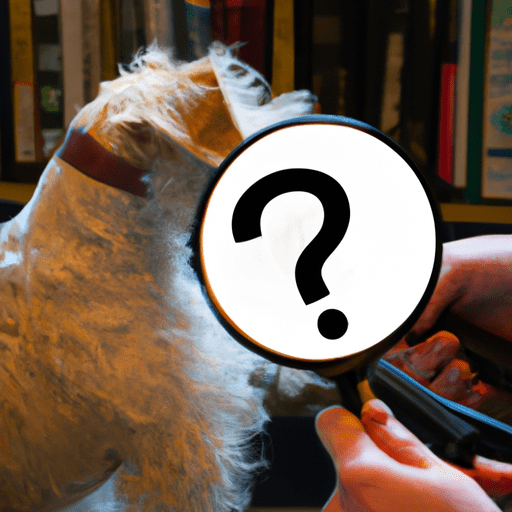Understanding Your Dog’s Anal Glands
When it comes to caring for your furry friend, sometimes you might encounter situations that leave you scratching your head, such as your dog’s butt leaking. This is often a result of issues with your dog’s anal glands. These two small pouches are located on either side of your dog’s anus and produce a smelly, oily substance. In normal circumstances, this substance is secreted when your dog defecates. However, if these glands become blocked or infected, they may leak or even cause your dog discomfort.
Common Reasons for Anal Gland Issues
Understanding the reasons why your dog’s anal glands might be causing problems can help you prevent these issues in the future. Here are some of the most common reasons:
- Obesity: Overweight dogs are more likely to have anal gland issues as they may have trouble emptying these glands naturally.
- Allergies: Allergies can cause inflammation in the anal glands, leading to blockages.
- Soft Stools: Dogs with consistently soft stools may not be able to express their anal glands naturally during defecation, leading to blockages.
- Recurrent Infections: Some dogs may be prone to infections in the anal glands, which can lead to repeated problems.
Signs Your Dog Might Have Anal Gland Issues
Recognizing the signs of anal gland issues in your dog is crucial in taking swift action to alleviate their discomfort. Here are some signs to watch out for:
- Scooting or dragging the rear end along the floor
- Persistent licking or chewing at the rear end
- Difficulty sitting or a reluctance to sit
- A noticeable smell or discharge from your dog’s rear
How to Prevent Anal Gland Problems
There are several steps you can take to help prevent anal gland problems in your dog.
| Prevention Steps | Description |
|---|---|
| Maintain a Healthy Weight | Ensure your dog is getting enough exercise and eating a balanced diet. |
| Regular Veterinarian Check-ups | Regular check-ups can help catch issues early. |
| Adding Fiber to Diet | Fiber can help firm up your dog’s stools, aiding in the natural expression of the glands. |
Treating Anal Gland Issues
If your dog is showing signs of anal gland issues, it’s important to consult with a veterinarian. They can manually express the glands if they are blocked, or provide antibiotics for an infection. In severe cases, surgical removal of the anal glands might be necessary.
Frequently Asked Questions
Q: Can I express my dog’s anal glands at home?
A: Yes, but it’s recommended to have a vet do this or show you how to do it properly to avoid any harm to your dog.
Q: How often should anal glands be expressed?
A: There’s no set schedule for this. Some dogs never need it, while others might need it regularly. Your vet can advise you based on your dog’s needs.
Q: Can diet affect my dog’s anal gland health?
A: Yes, a diet with sufficient fiber can help maintain healthy anal glands. Consult with your vet for dietary advice.
Q: Is anal gland leakage a sign of a serious condition?
A: While uncomfortable and smelly, it’s not typically life-threatening. However, regular issues may signal underlying health problems, so it’s important to consult with your vet.



